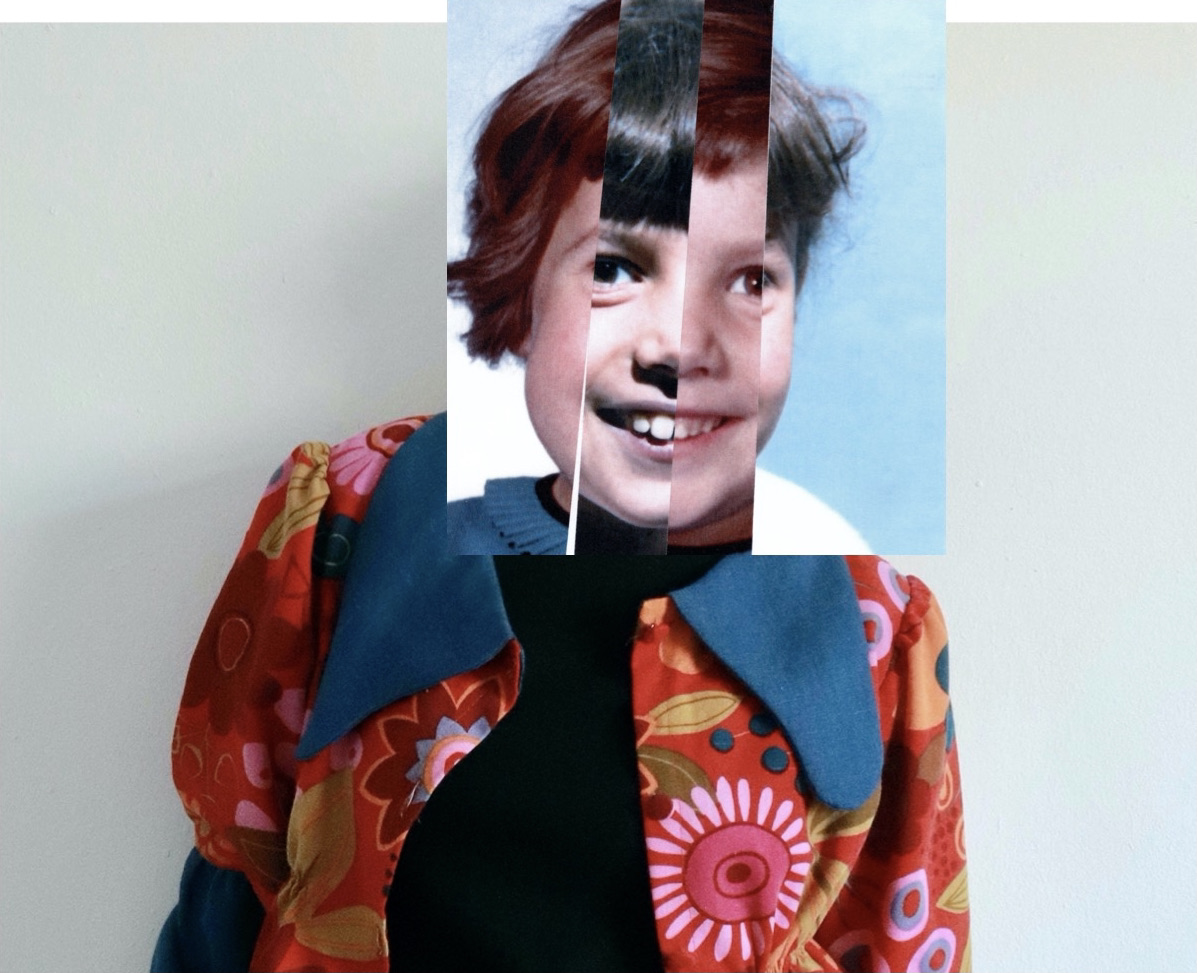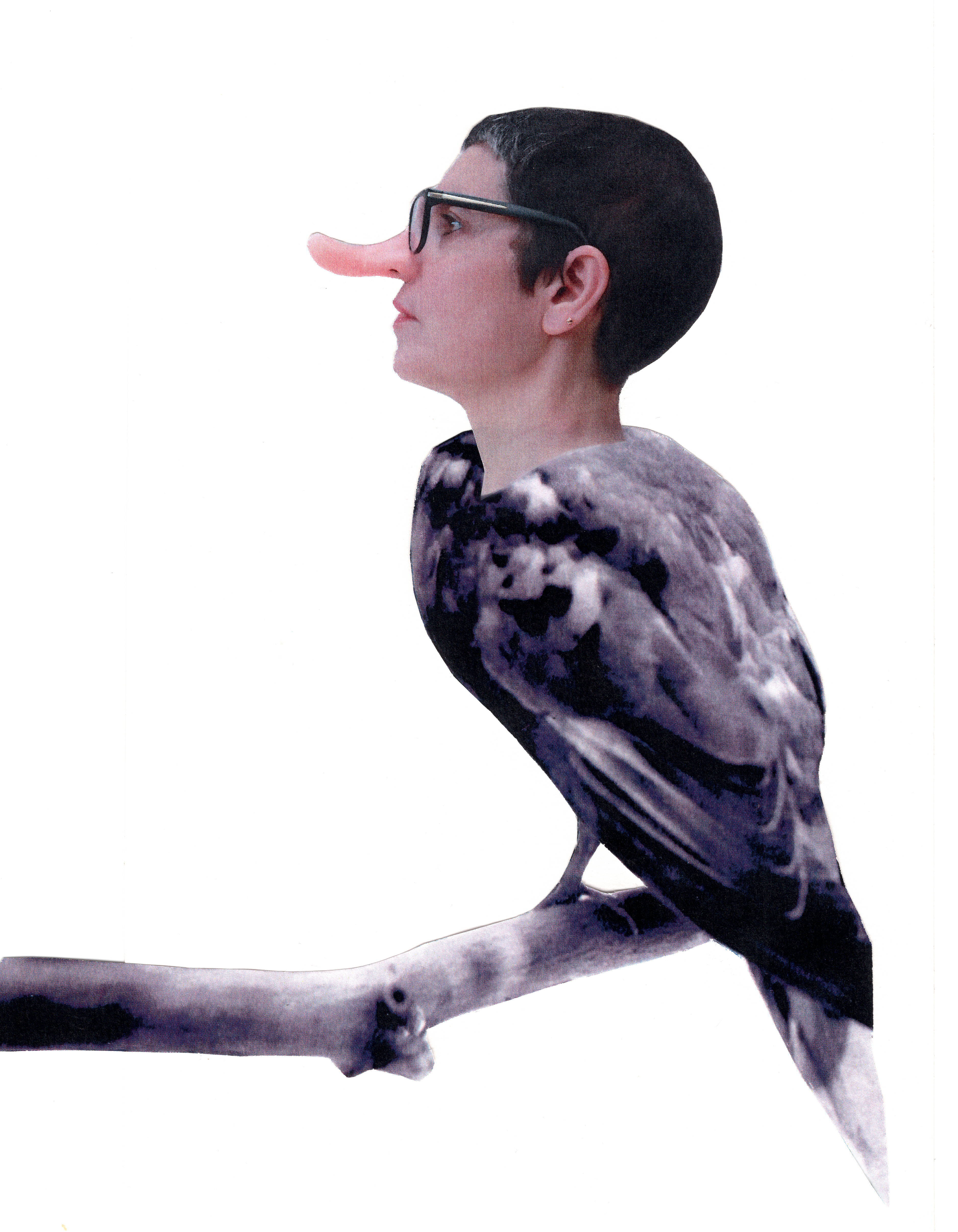It felt extremely fitting to share my Arts Council England funded Neurophototherapy project on World Autistic Pride Day – 18 June 2021. As a late-diagnosed autistic woman I am part of what has been called a ‘lost generation’ of adults who are discovering their identities late in life, due to a growing understanding of the many possible presentations of autism.
In brief, Neurophototherapy is a creative practice based self-recovery tool for late diagnosed autistic women and marginalised genders. During the research and development phase of my project I have been exploring the use of photography and collage to recover from a lifetime of identification with the wrong neurological type, and to create resources for others like me. It is a fact that women are more likely to receive a late diagnosis of autism and that there is a serious lack of aftercare following this diagnosis in adulthood.
As part of this project I have created a new online exhibition of photo-collages and text called Origin Story. This series of images revisits, documents, performs and reflects on key life experiences. I present a playful narrative reworking my life story from a neurodivergent perspective, using primary sources from my family collection.

Towards the end of my project in September there will also be a new PDF guide Neurophototherapy - Playful Unmasking for Neurodivergent Creatives. This offers a self-help road map, which can be used at any time and enjoyed at the participant’s pace. It also provides a frame of reference to think about a diagnosis late-in-life as representing a need for support and recovery.
Neurophototherapy draws on the inherent benefits of creative practice for self-reflection and affirmation. It combines mentoring insights with ideas for making. A further body of commissioned writings will also be released later in the year, looking at the project from multiple neurodivergent perspectives.
For the talk I was interviewed by Jennifer Gilbert who champions and exhibits international self-taught, disabled, neurodivergent and overlooked artists who create works outside the contemporary arts field and art history. She brought a unique perspective to the work. A lot of the questions came from other late diagnosed females or others just going through the process, all keen to learn more about unmasking, how to pace themselves and identity. For me it was so good to hear and talk through these questions, because my work really did seem to chime in with the audience and their lived experiences. It was a reaffirmation that the project has identified a real need, which creative practice can support.
You can watch the full recorded discussion on Disability Arts Online YouTube channel HERE. It is one hour long, with embedded captions and BSL interpretation.
Sonia Boué is a multiform artist. She is also a writer on autism and art, and a leading consultant for neurodiversity in the arts. She has a significant body of postmemory work and pioneers in neuro-inclusive practice-led research.

